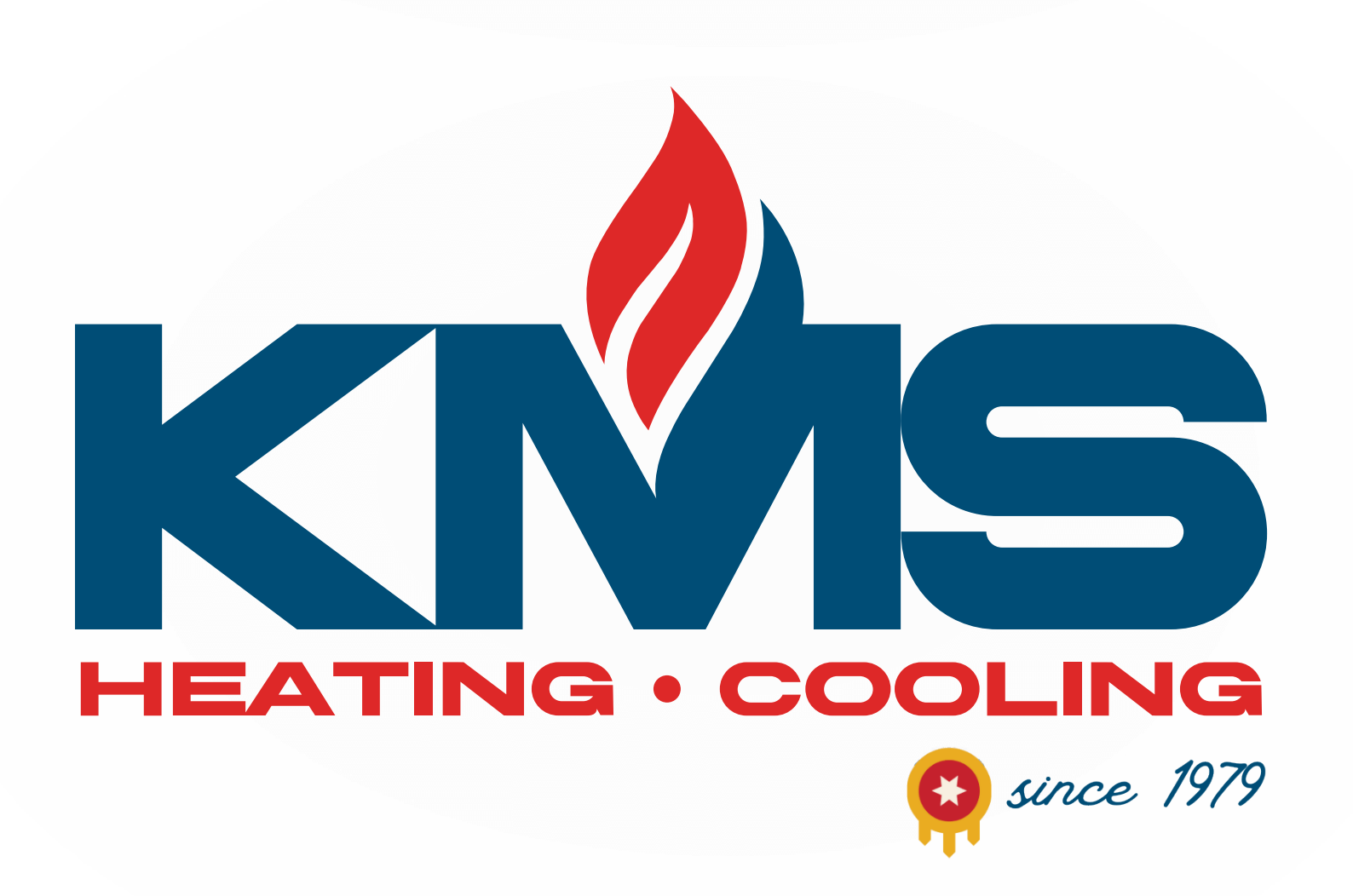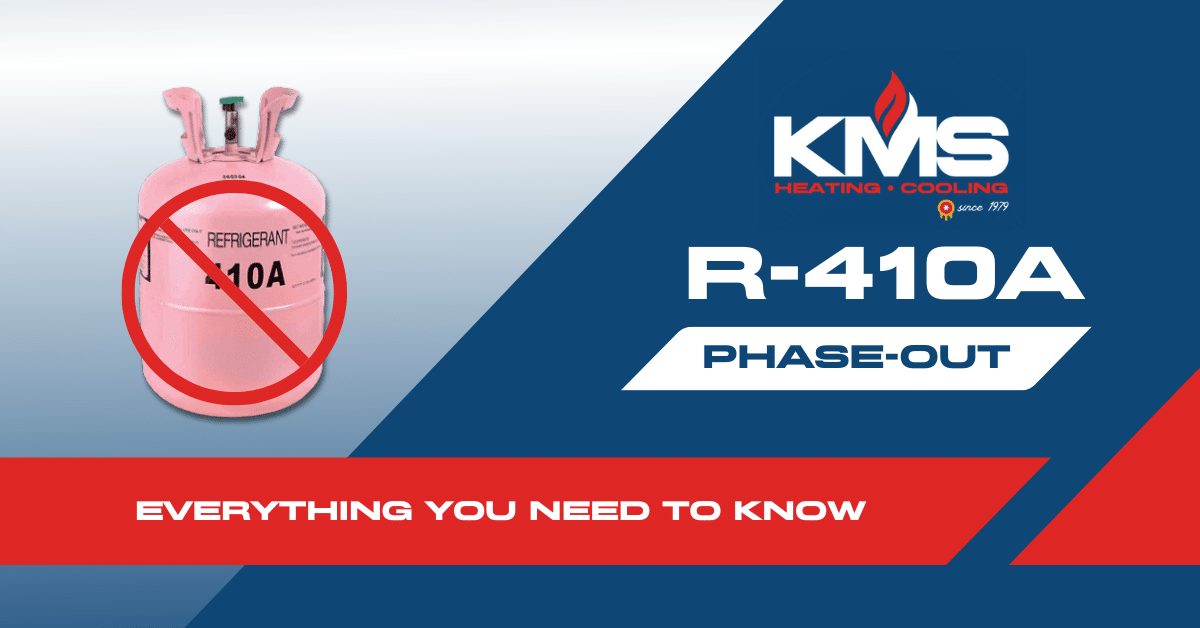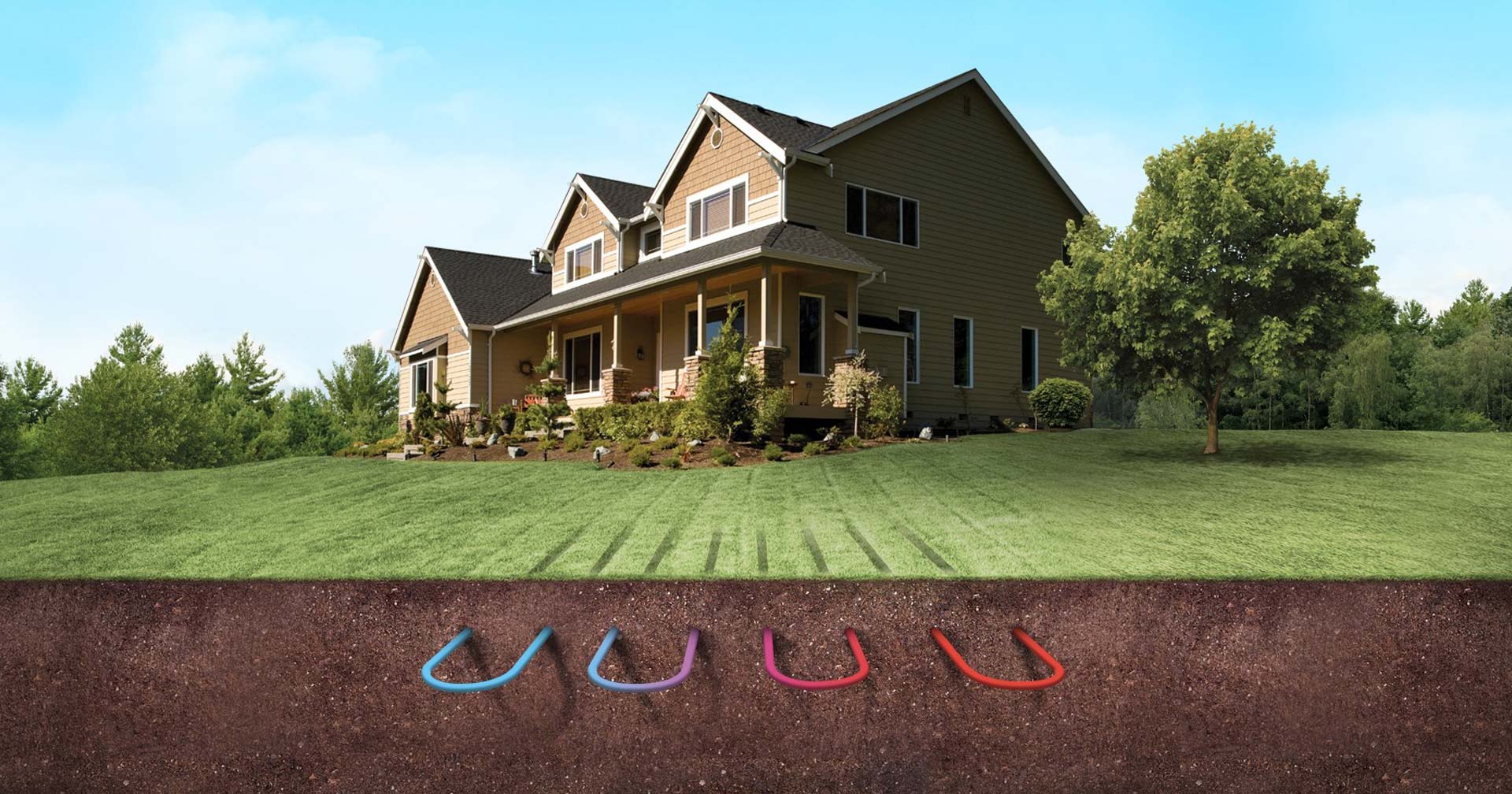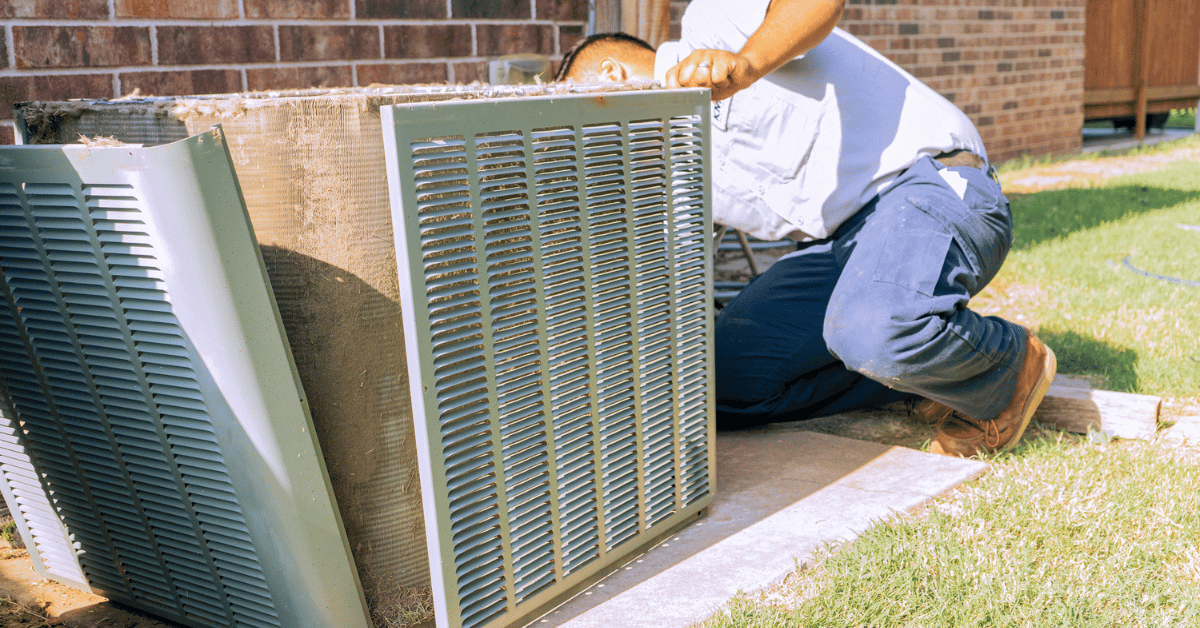How Soon Should You Replace Your Air Conditioner? Understanding the R-410A Refrigerant Phase-Out
If you’ve been thinking about replacing your air conditioner or heard about upcoming changes in the HVAC industry, you may have come across the term “R-410A refrigerant phase-out.” For homeowners in Tulsa and surrounding areas, understanding this refrigerant phase-out is crucial as it could impact your current system and future choices.
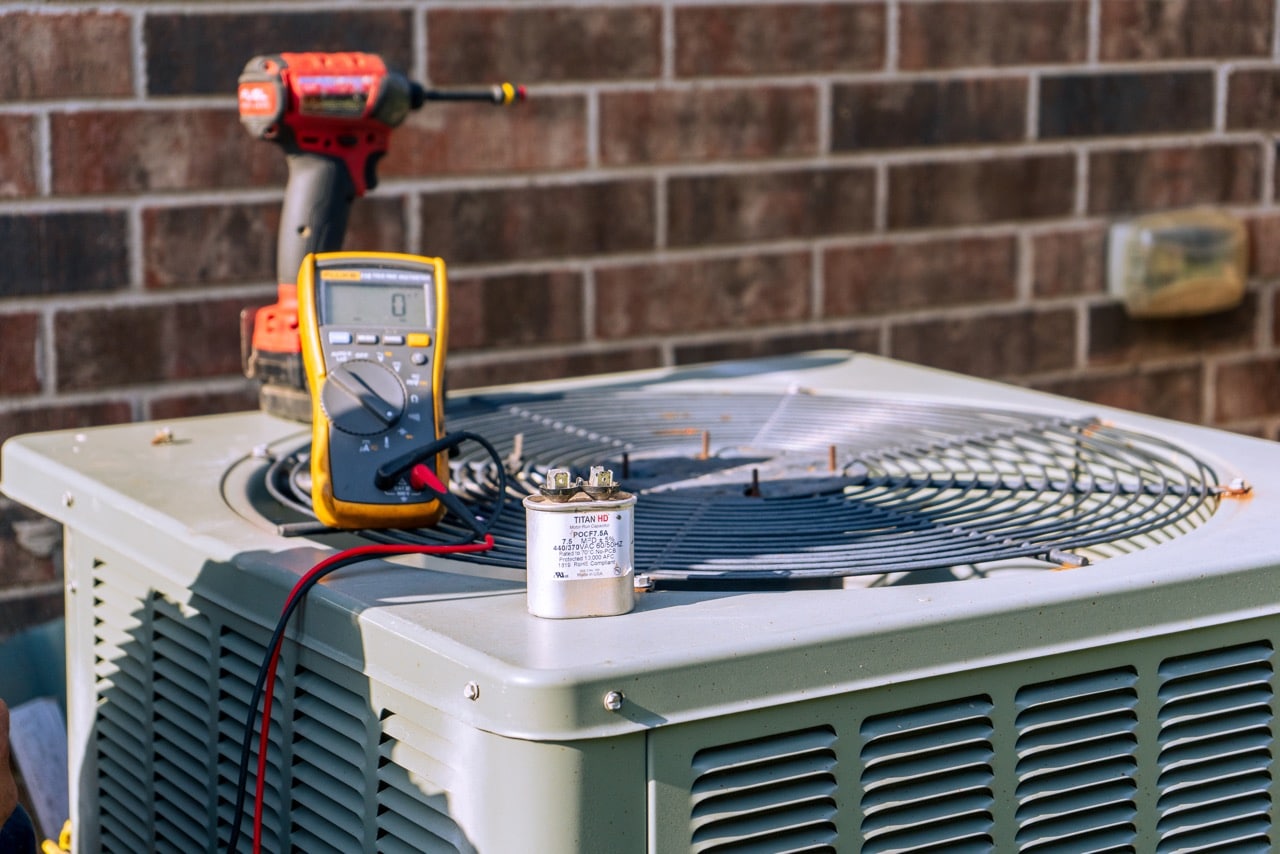
What Is the R-410A Phase-Out?
R-410A is a refrigerant that has been widely used in air conditioning systems for over a decade. However, due to its contribution to greenhouse gas emissions and global warming potential, the U.S. Environmental Protection Agency (EPA) has enacted plans to phase it out as part of global efforts to reduce the use of harmful refrigerants.
The R-410A phase-out is similar to the phase-out of R-22 (commonly known as Freon) that began several years ago. This new phase-out is part of a broader initiative called the American Innovation and Manufacturing (AIM) Act, which aims to phase down the production and import of hydrofluorocarbons (HFCs) like R-410A by 85% over the next 15 years.
How Will the Phase-Out Impact You?
Although the phase-out is gradual, it is important to understand how this change might affect your air conditioning system. As the production and availability of R-410A decrease, the cost of servicing air conditioning systems that use R-410A refrigerant will likely increase. This could mean that repairs or refrigerant recharges for older AC units will become more expensive in the coming years.
R-410A Phase-Out Schedule
As mentioned, the phase down of R-410A refrigerant is a gradual change that is currently underway, limiting the amount that can be produced. There is no set expiration date for its production, meaning R-410A will remain accessible to homeowners who already own or choose to purchase R-410A equipment before the transition to alternative refrigerants.
Here is the current R-410A phase-out schedule:
2022: 10% reduction 2024: 30% reduction 2029: 30% reduction 2034: 10% reduction 2036: Remaining 5% reduction
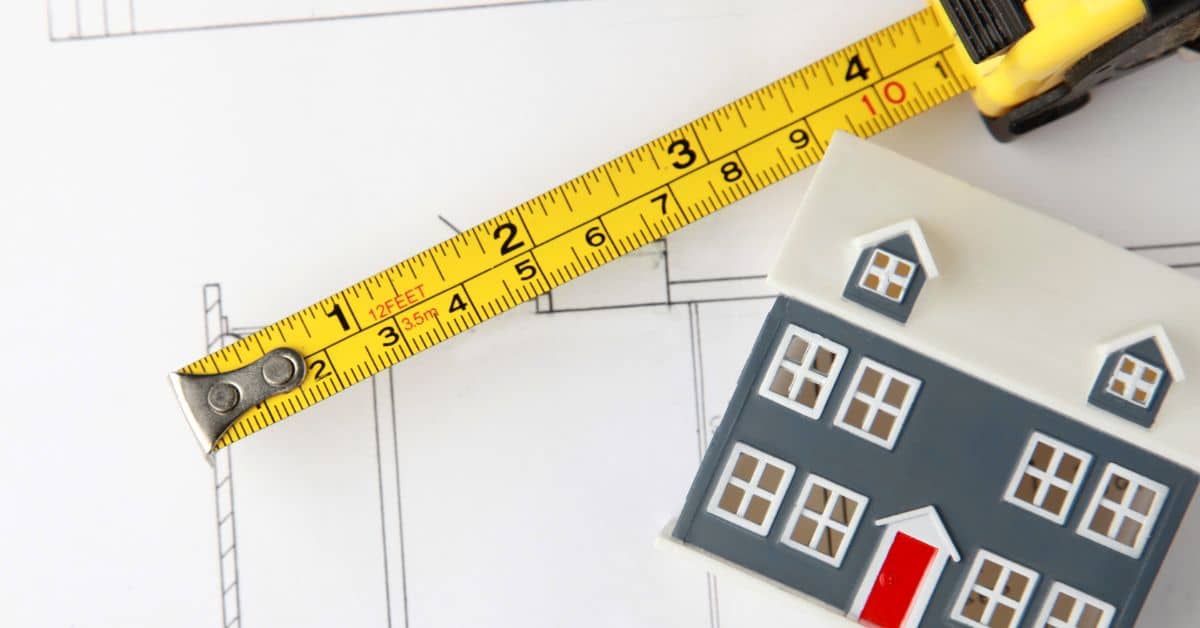
Do You Need to Replace Your AC System Now?
If your current air conditioner is still running efficiently and doesn’t require frequent repairs, there’s no need to panic. The phase-out does not mean that you have to replace your system immediately. However, if your AC unit is over 10 years old, inefficient, or requires frequent repairs, now may be a good time to consider upgrading to a system that uses the next generation of environmentally friendly refrigerants, such as R-32 or R-454B.
In Tulsa, where the summer heat can be intense, having a reliable air conditioning system is a necessity. If your system is nearing the end of its lifespan, it may be worth exploring options for an upgrade to avoid the rising costs of maintaining an older R-410A system.
Benefits of Upgrading to a New Air Conditioning System
- Energy Efficiency: New air conditioners that use next-gen refrigerants are designed to be more energy-efficient, helping you save on your utility bills.
- Lower Repair Costs: As the phase-out progresses, older systems that rely on R-410A will become more expensive to repair and maintain.
- Environmental Impact: By upgrading to a system that uses an eco-friendly refrigerant, you’re contributing to global efforts to reduce harmful emissions.
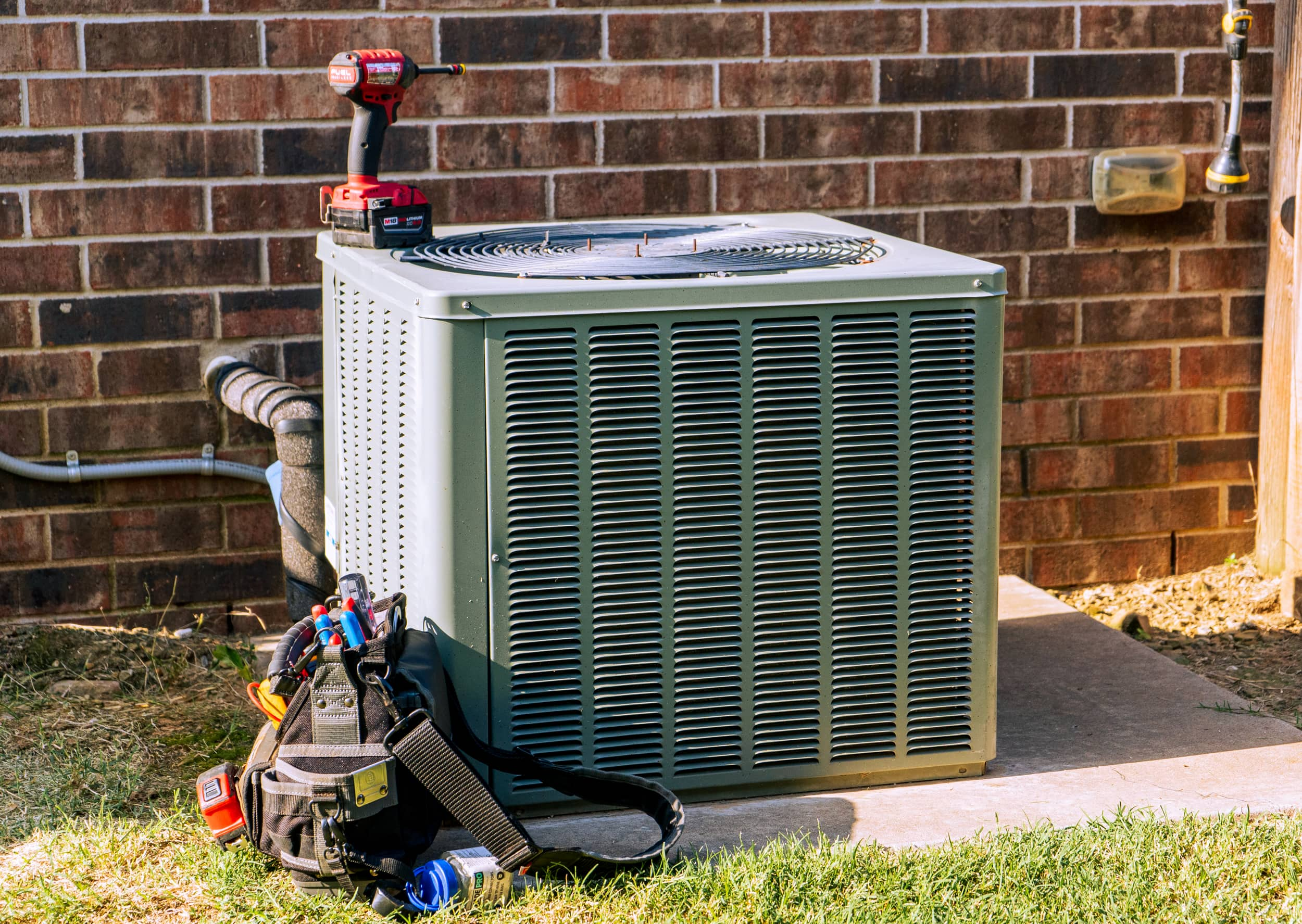
What Are Your Options?
Several manufacturers are already producing air conditioning units that use next-generation refrigerants. Here are two of the most common:
- R-32: A newer refrigerant that has a lower global warming potential (GWP) than R-410A. Many manufacturers are starting to transition their systems to use R-32, which is considered a more environmentally friendly option.
- R-454B: Another eco-friendly refrigerant that is gaining popularity due to its lower GWP and improved energy efficiency.
When you decide to replace your AC system, KMS Heating & Cooling can help you navigate the options and select the best unit for your home and budget.
What Should You Do Next?
- Schedule a System Evaluation: If you’re unsure about the condition of your current air conditioner or its refrigerant type, KMS Heating & Cooling can perform a thorough evaluation. We’ll let you know whether repairs are feasible or if it’s time to consider a replacement.
- Explore Financing Options: Replacing an air conditioner can be a significant investment. However, many HVAC companies, including KMS Heating & Cooling, offer financing options to make upgrading more affordable. You may also qualify for energy efficiency rebates and tax incentives.
- Consider Long-Term Savings: While a new system may come with an upfront cost, the long-term savings in energy efficiency, lower repair costs, and potential tax benefits can make upgrading a smart financial decision.
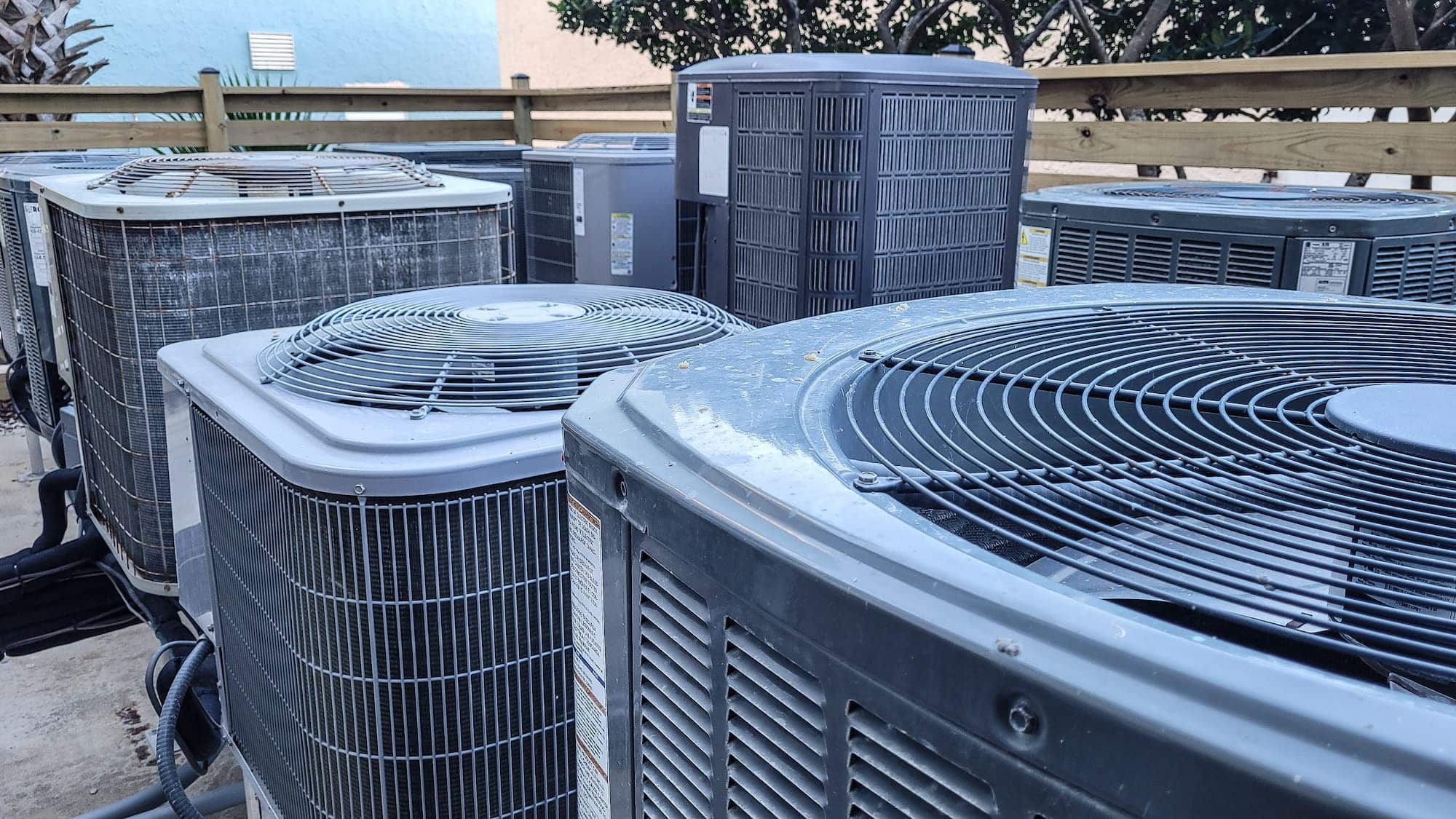
How KMS Heating & Cooling Can Help
At KMS Heating & Cooling, we are committed to helping our customers in Tulsa and surrounding areas make informed decisions about their heating and cooling systems. Our experienced team can help you determine whether your current air conditioner is ready for an upgrade or if it can continue running efficiently for a few more years.
We also offer energy-efficient air conditioning systems that use environmentally friendly refrigerants, helping you stay ahead of the curve as the R-410A phase-out progresses. From system evaluations to professional installations and ongoing maintenance, we are your go-to HVAC partner.
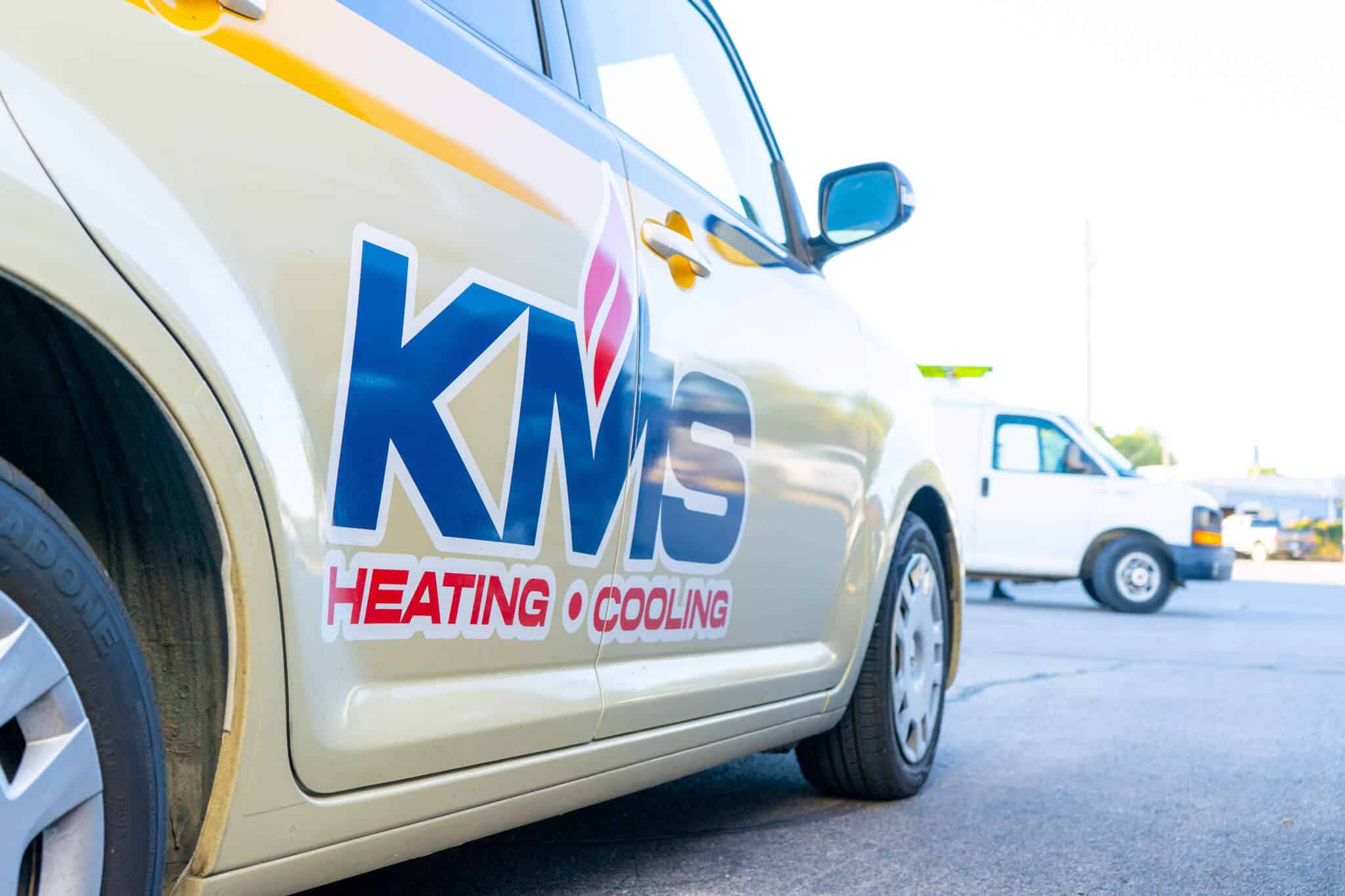
Key Takeaways
- The R-410A refrigerant phase-out is part of a global effort to reduce harmful emissions. While it won’t require immediate action for most homeowners, it’s essential to stay informed about how this change may affect your air conditioner in the coming years.
- If your current AC system is older or inefficient, now may be a good time to explore options for upgrading to a system that uses eco-friendly refrigerants like R-32 or R-454B.
- KMS Heating & Cooling is here to guide you through the process, from evaluating your current system to selecting and installing a new, energy-efficient air conditioner.
Stay Ahead of the Change with KMS Heating & Cooling
Don’t Wait! Schedule Your HVAC Consultation Today

